HOUSING COMPLEX: Peaceoholics at War: Nonprofit Finds Dealing With At-risk Youths a Lot Easier Than Wrangling With Neighbors
Posted by Lydia DePillis on Apr. 29, 2010 at 07:51 am
Jauhar Abraham proudly surveys the ongoing construction at 1300 Congress St. SE last Friday afternoon, standing back to avoid clouds of dust.
“It’s gonna be nice,” he says—all-wood floors, ceramic tiling, private bathrooms. “Not the way all these projects are set up.”
The crew performing the renovations looks somewhat different from the one working on developer William C. Smith’s apartment project across the street. For one thing, the workers are primarily young black males plucked from the neighborhood—not white or Latino, like Smith’s employees. For another, many of them have criminal records, requiring a signoff from their parole officers before getting the job.
“In all reality, you have a lot of companies who won’t hire these guys,” says contractor Love Mitchell, chatting on the sidewalk.
The building, a 13-unit transitional living facility for at-risk youth, is a project of the Peaceoholics, a nonprofit group that has received millions of dollars in city funding to mediate violent conflict fueled by gangs and drugs. With the help of a loan from the Department of Housing and Community Development, the organization purchased the formerly abandoned structure last May for $400,000, and are spending another million to get it ready for occupancy by September. Some of the same youths now working on the renovation may wind up living in the complex themselves.
Abraham, the nonprofit’s chief executive officer, views the endeavor as an extension of the American dream.
“The founding fathers of our country are ex-offenders,” he says. “They came for a new life. The investment they came here and made is now the greatest nation in the world.”
The neighbors see the project a bit differently.
Go HERE to continue reading the Housing Complex article.
Go HERE to sign the petition against this group home would be the FOURTH such group home within 500 feet of each other - a direct violation of Title 11. This is not a "nimby" issue or a "condo-owner" issue this is a neighborhood viability issue. Why do all these group homes/special needs facilities have to be on the same residential block? Why do they have to be snuck in under the cover of darkness with no notice to neighbors or the Advisory Neighborhood Commission? What gives?
View Larger Map
To contact The Advoc8te to submit an article or to inquire about advertising options send an email to congressheightsontherise@gmail.com.
